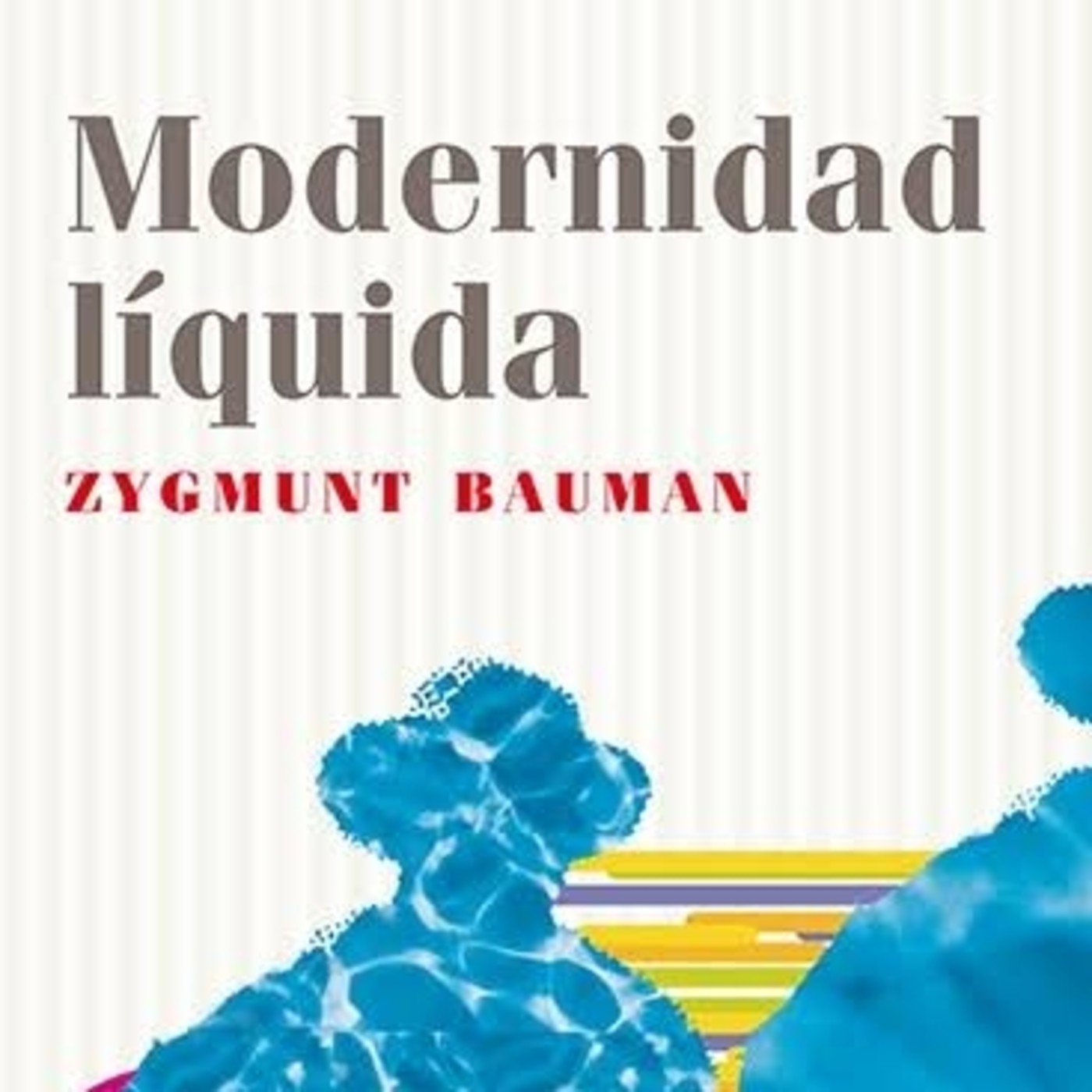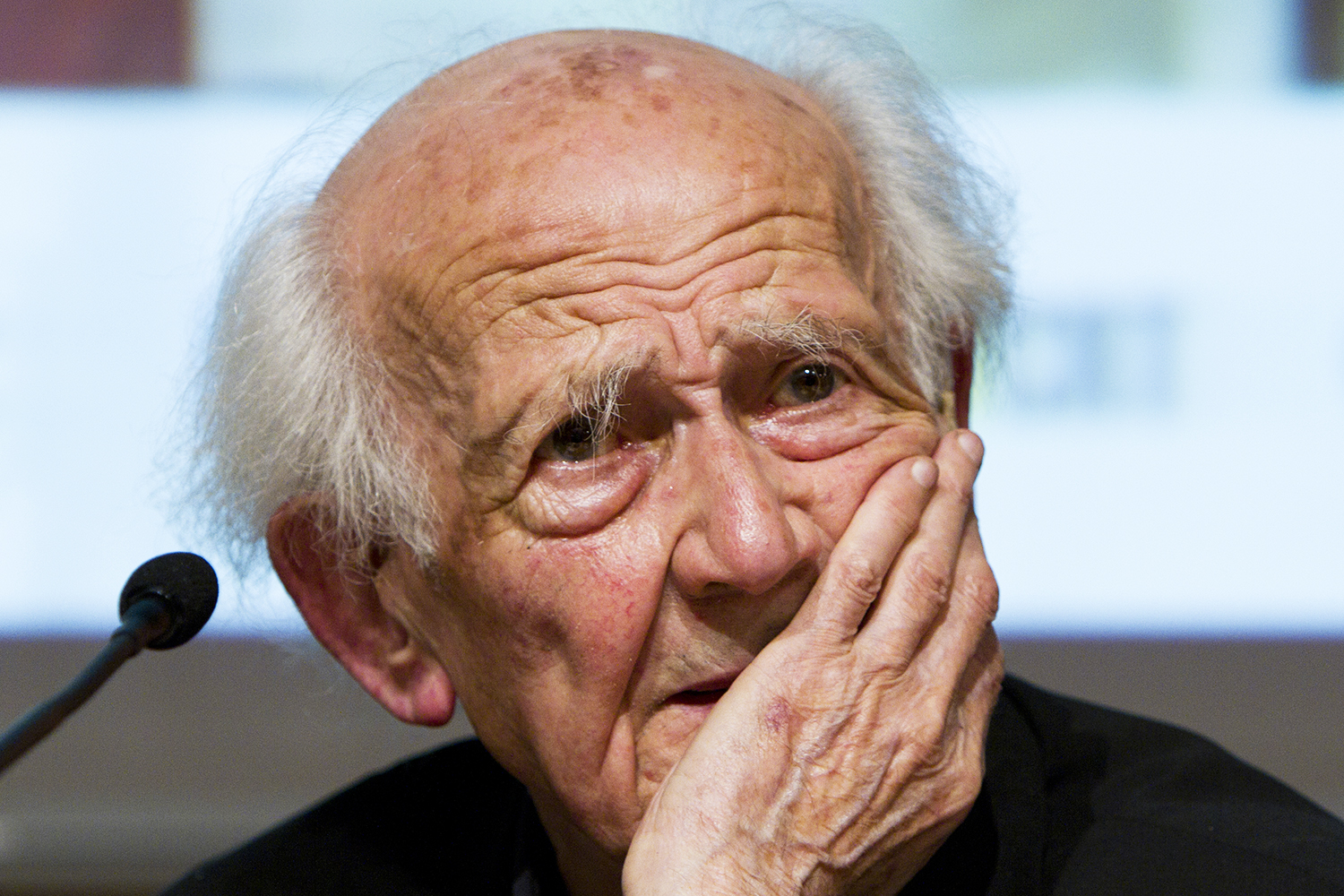


As he puts the point a few pages later: The original cause of the solids melting was not resentment against solidity as such, but dissatisfaction with the degree of solidity of the extant and inherited solids: purely and simply, the bequeathed solids were found not to be solid enough (insufficiently resistant or immunized to change) by the standards of the order-obsessed and compulsively order-building modern powers. Indeed, the quotation explicitly allows that there are structures - which implies that they persist over some period of time and it observes, reasonably enough, that structures change and extinguish.

"Change is permanent." But Bauman makes no assertion here about discontinuity, randomness, or complete absence of "structure".

Plainly Bauman underscores the fact of change in modern social life. This is an evocative paragraph, but it is important to be specific in reading what it does and does not assert. A hundred years ago 'to be modern' meant to chase 'the final state of perfection' - now it means an infinity of improvement, with no 'final state' in sight and none desired. What was some time ago dubbed (erroneously) 'post-modernity' and what I've chosen to call, more to the point, 'liquid modernity', is the growing conviction that change is the only permanence, and uncertainty the only certainty. As time flows on, ‘modernity’ changes its forms in the manner of the legendary Proteus. Being always, at any stage and at all times, ‘post-something’ is also an undetachable feature of modernity. Each new structure which replaces the previous one as soon as it is declared old-fashioned and past its use-by date is only another momentary settlement – acknowledged as temporary and ‘until further notice’. To ‘be modern’ means to modernize – compulsively, obsessively not so much just ‘to be’, let alone to keep its identity intact, but forever ‘becoming’, avoiding completion, staying underdefined. Here is an observation by Bauman about the modern world: Forms of modern life may differ in quite a few respects – but what unites them all is precisely their fragility, temporariness, vulnerability and inclination to constant change. This view emphasizes the fact of change within society and it argues that change is occurring more and more rapidly in the "modern" world. Zygmunt Bauman advocates for the idea of "liquid modernity" ( Liquid Modernity).


 0 kommentar(er)
0 kommentar(er)
